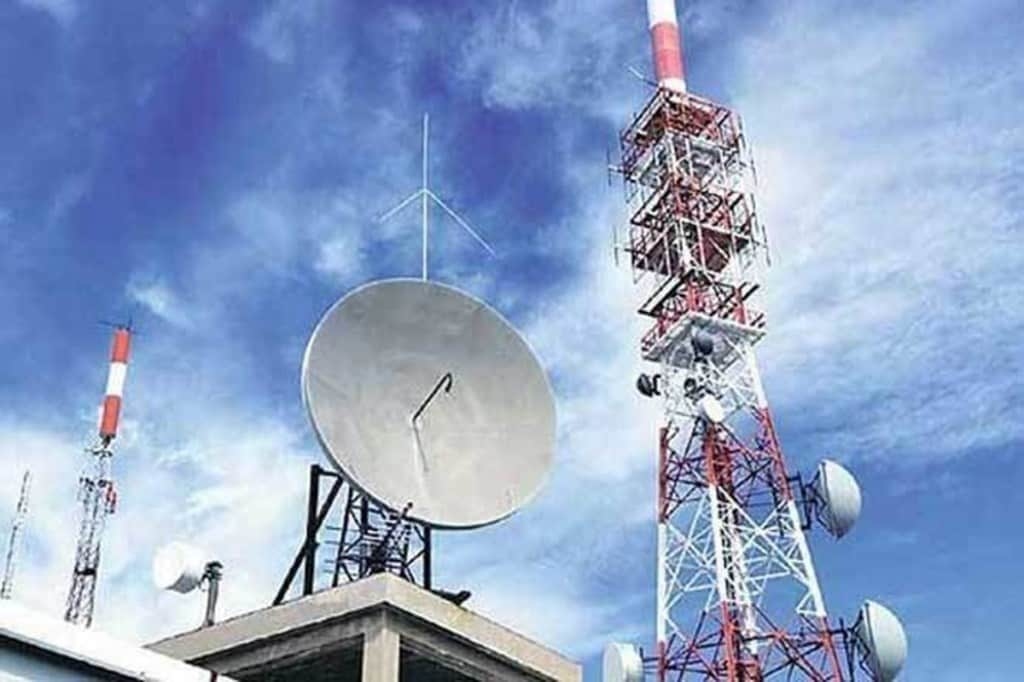The Department of Telecommunications (DoT) will remove the floor rate of 3% of the adjusted gross revenue (AGR) for operators to pay their spectrum usage charge (SUC), a move which would in the long run make such payments zero for operators for their entire spectrum holding.
“We will remove the 3% floor and progressively the SUC charges will continue to come down, effectively becoming zero in the long run as operators keep on buying more spectrum,” a DoT official said.
The move in the short run – if 5G auctions are held next year in March – would help Bharti Airtel and Reliance Jio in lowering their SUC payment. However, a similar gain may not come through Vodafone Idea’s way.
This is because Bharti and Jio will be able to buy more spectrum since their cash flow is healthy, but Vodafone may be constrained because of its stretched finances.
The removal of the clause fixing a floor rate of 3% is required to give effect to the recently announced telecom relief package, where apart from providing a four-year moratorium to operators on their AGR and spectrum dues, the government also said there would be no SUC on spectrum acquired in future auctions.
This provision cannot be effective unless the 3% floor is removed as segregating revenues from different spectrum bands is not possible. In the past, a DoT committee has said that the same spectrum bands are used to provide different services, so segregation is not possible and if allowed there’s high chance of arbitrage with operators showing revenues in bands where the SUC is lower or zero. For instance, 4G spectrum currently with operators will be used for 5G services once they acquire more spectrum in the latter band in future auctions. How is it possible then to identify which spectrum, acquired when, is being used for providing which services?
Though the telecom package talks of scrapping SUC only on spectrum acquired in future auctions like that of 5G, if the 3% floor is abolished, as and when operators acquire more spectrum in future auctions, their SUC will become zero on the entire holding.
This is because of a complex weighted average formula to calculate the SUC of operators who have a mix of administratively allocated spectrum and acquired through auctions. Reliance Jio, which has its entire spectrum from auctions, pays a flat 3% SUC on its entire spectrum holding, but operators like Bharti Airtel and Vodafone Idea pay around 4.5-5% as they have a mix of two.
The weighted average formula was designed such that with time as operators acquire more spectrum in auctions, their SUC would come down from say 4.5-5% to 3%. It could thus have gone even below 3% over a period of time as the quantum of auctioned spectrum grew, so to protect its revenue, the government fixed a floor of 3% in 2016.
“The weighted average of SUC rates across all spectrum assigned to an operator (whether assigned administratively or through auctions or through trading) in all access spectrum bands including broadband wireless access spectrum in 2300 MHz/2500 MHz band acquired in 2010 auction shall be applied for charging SUC subject to a minimum of 3% of AGR excluding revenues from wireline services,” reads the DoT’s notification on the subject.

